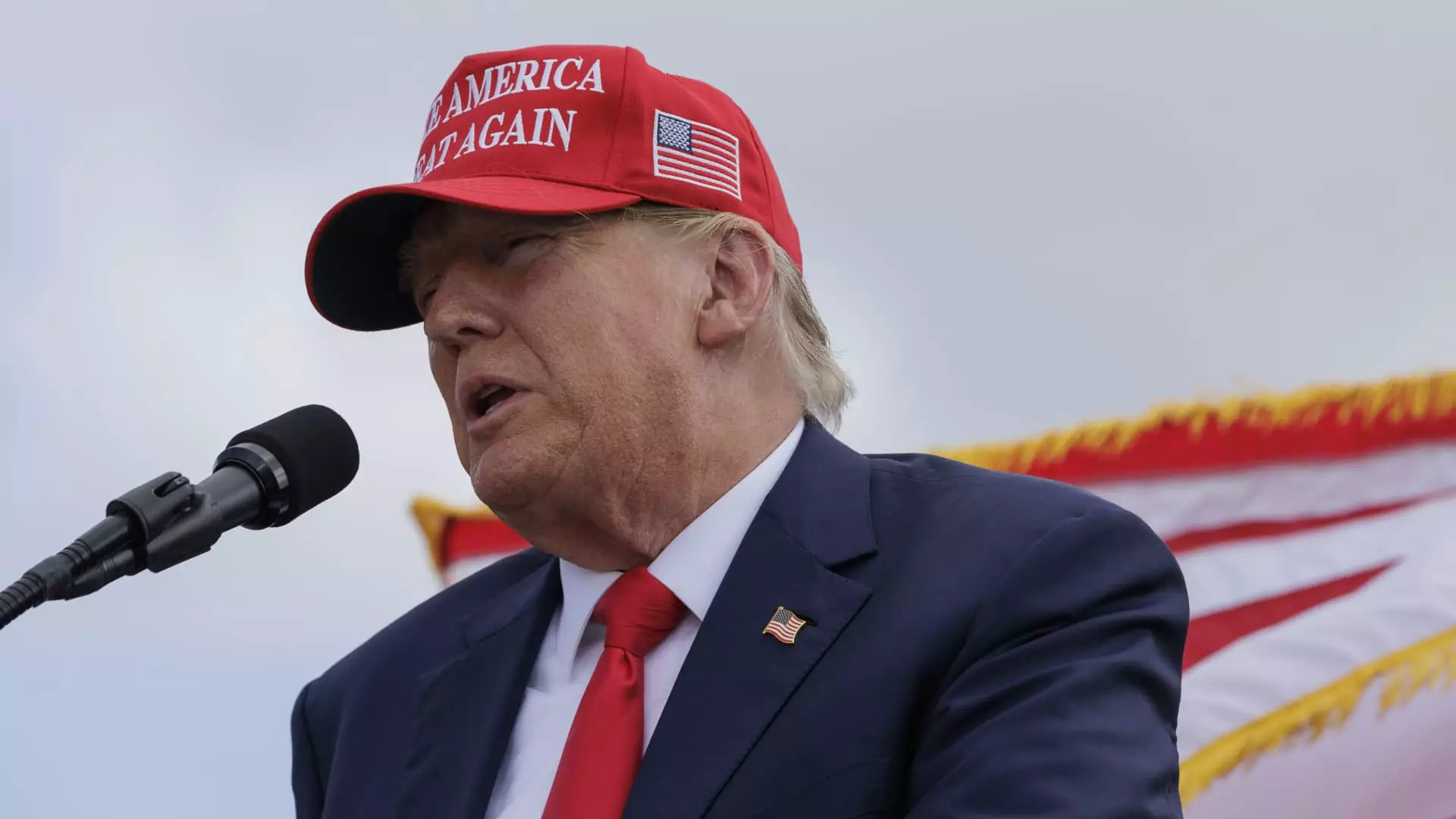In a significant development for the federal election interference case against former President Donald Trump, U.S. District Judge Tanya Chutkan denied two of Trump’s motions to dismiss on Friday. This ruling undermines Trump’s assertion of absolute immunity from criminal prosecution and has far-reaching implications for the future of presidential accountability.
Judge Chutkan firmly rejected Trump’s argument that presidents are immune from criminal prosecution for acts committed during their tenure unless they have first been impeached and convicted. She emphasized that such a claim lacks support in the constitutional text, structure, and history. Noting that no court or branch of government has ever accepted this argument, Chutkan declared that “whatever immunities a sitting President may enjoy, the United States has only one Chief Executive at a time, and that position does not confer a lifelong ‘get-out-of-jail-free’ pass.”
Furthermore, Chutkan dismissed Trump’s claim that his indictment violated his First Amendment rights. Trump contended that his alleged inflammatory speeches were protected under the First Amendment, but the judge ruled that the Constitution does not shield speech that is used as a tool for committing a crime. As a result, Chutkan affirmed that the indictment, which accuses Trump of making statements in furtherance of criminal acts, does not infringe on his First Amendment rights.
It is worth noting that this legal setback does not represent a fatal blow to Trump’s defense. The former president still has two pending motions to dismiss the D.C. case on statutory grounds and claims of selective or vindictive prosecution. However, Judge Chutkan’s latest ruling signifies a significant hurdle for Trump’s legal team as they navigate the complexities of the case.
A Potential Turning Point for Presidential Immunity
Judge Chutkan’s decision has wide-ranging implications for the future of presidential immunity. By challenging the notion of absolute immunity, she sets a precedent that may shape the legal landscape for future presidents. The ruling marks a departure from the prevailing understanding that presidents are shielded from criminal prosecution while in office, signaling a potential shift towards greater accountability and scrutiny of presidential actions.
The denial of Trump’s motions also underscores the critical role of the judiciary as a check on executive power. Chutkan’s ruling affirms the judiciary’s authority to interpret the Constitution and apply the law without succumbing to political pressures. Her decision illustrates the importance of an independent judiciary in upholding the rule of law and preserving democratic norms.
As Trump faces four counts of criminal conduct related to conspiracy to defraud the U.S. in the aftermath of the 2020 election, this recent ruling carries significant implications for his legal battle. While the former president still has avenues to challenge the case, the denial of his motions to dismiss poses a significant setback.
The outcome of this federal election interference case extends beyond Trump’s personal legal predicament. It has the potential to shape the future of presidential accountability, immunity, and the boundaries of executive power for years to come. As the case progresses, the eyes of the nation will be on the courtroom, watching the delicate balance between the rule of law and presidential authority unfold before them.

Leave a Reply